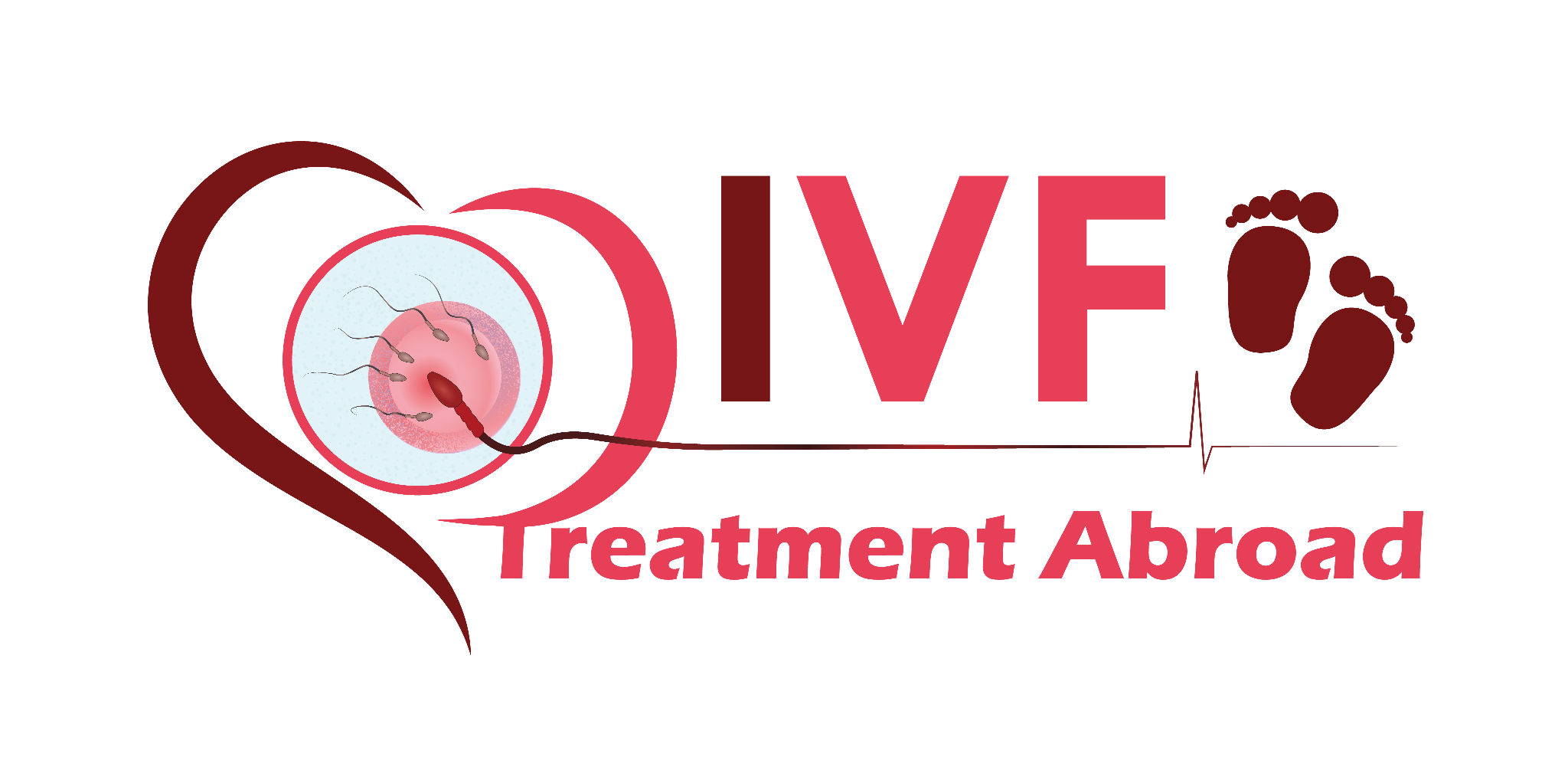The first biggest decision that needs to be made is what type of donor you want: anonymous or identity released/non-anonymous. This decision is often based on whether it is your intention to tell a child about the use of a donor egg or not but also whether you want them to be able to have contact with a donor in the future.
When I first started helping patients undergo egg donation treatment it was in the early ’90s (yes I am showing my age!) and we only did about half a dozen egg donation cycles per year. Some were anonymous donations, and some were known and in most cases a sister donating to a sister. Over the years more and more donation cycles occurred, and most were anonymous with the understanding that the information given to you about your donor is all that you or any resulting child would be permitted to have. For most that was sufficient but as the years have gone by, the rights of the child in knowing about their heritage and genetic origins has become more of an issue that some countries have addressed. Also, the advent of genetic DNA testing and worldwide databases means that anonymity is not the guarantee that it previously was and should therefore be considered too.
As of now, egg donation is still anonymous in most countries in Europe (I will base this on Europe as that is where I am based though I am aware that the US offers both anonymous and known). The UK and Portugal offer identity released donors where a higher level of information is provided on the donor prior to treatment and a child has access to contact the donor through the relevant authority once they reach the age of 18. Photos of the donor are not permitted or shared with the patients. Georgia also provides a higher level of information on potential donors and photos are shared with the patients ahead of time. The other countries we have worked with most (Greece, Spain, Cyprus, Czech Republic, and Albania) give limited information on donors such as age, blood group, height, weight, hair and eye colour, complexion, and in some cases also ethnicity, level of education and hobbies and interests. Exactly what information is given seems to vary from clinic to clinic and country to country so knowing what you want to know about a donor can guide me as to where is best to consider for treatment based on this aspect before we look at anything else!
It is a very personal choice and I do not stand in one camp or the other as I feel it is your choice as prospective parents to decide what is best for you and any future child. This question helps me to help you and that is what I am here to do.
When I first started helping patients undergo egg donation treatment it was in the early ’90s (yes I am showing my age!) and we only did about half a dozen egg donation cycles per year. Some were anonymous donations, and some were known and in most cases a sister donating to a sister. Over the years more and more donation cycles occurred, and most were anonymous with the understanding that the information given to you about your donor is all that you or any resulting child would be permitted to have. For most that was sufficient but as the years have gone by, the rights of the child in knowing about their heritage and genetic origins has become more of an issue that some countries have addressed. Also, the advent of genetic DNA testing and worldwide databases means that anonymity is not the guarantee that it previously was and should therefore be considered too.
As of now, egg donation is still anonymous in most countries in Europe (I will base this on Europe as that is where I am based though I am aware that the US offers both anonymous and known). The UK and Portugal offer identity released donors where a higher level of information is provided on the donor prior to treatment and a child has access to contact the donor through the relevant authority once they reach the age of 18. Photos of the donor are not permitted or shared with the patients. Georgia also provides a higher level of information on potential donors and photos are shared with the patients ahead of time. The other countries we have worked with most (Greece, Spain, Cyprus, Czech Republic, and Albania) give limited information on donors such as age, blood group, height, weight, hair and eye colour, complexion, and in some cases also ethnicity, level of education and hobbies and interests. Exactly what information is given seems to vary from clinic to clinic and country to country so knowing what you want to know about a donor can guide me as to where is best to consider for treatment based on this aspect before we look at anything else!
It is a very personal choice and I do not stand in one camp or the other as I feel it is your choice as prospective parents to decide what is best for you and any future child. This question helps me to help you and that is what I am here to do.

56 Comments
Add Your Comment